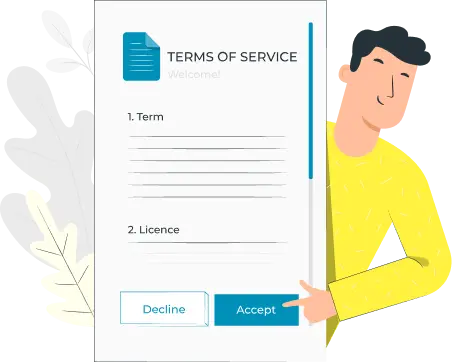Total compensation refers to all forms of renumeration and benefits that employees receive in exchange for their work. This encompasses the entire package of financial and non-financial rewards an employee is entitled to, including base salaries, bonuses, perks, and other forms of compensation. Providing total compensation offers a holistic view of what employees earn and the value they receive from their employer. Effective total compensation is vital for organizations to attract, retain and motivate talent within the company.
In a competitive job market, compensation plays a crucial role for potential employees when considering joining an organization. An attractive total compensation package can be enticing, making it easier to attract top talent. This helps organizations stand out and appeal to skilled professionals.
Offering comprehensive compensation packages goes a long way in significantly improving employee satisfaction and building loyalty among current employees. This, in turn, reduces turnover rates and helps retain valuable talent within the organization. It showcases the company's commitment to its employees' well-being and growth.
A well-designed compensation package that aligns employee efforts with organizational objectives can serve as motivation for employees to achieve their goals and contribute to the company's success. Having measures such as performance-based incentives and rewards can persuade employees to work hard and enhance productivity, fostering a culture of excellence and achievement.
Work-life balance initiatives and benefits included in total compensation packages can cultivate a healthier and more productive workforce. These implementations enhance employees' physical, mental, and financial well-being, leading to increased job satisfaction and overall performance.
An employee's salary is a primary component of total compensation, driving employees' satisfaction and motivation in the workplace. This constitutes the fixed amount of money an employee receives for their work done, typically compensated either at an annual or hourly rate.
These additional incentives can be rewarded based on performance, achievements, or company profitability. This can include annual bonuses, performance bonuses, sales commissions, and profit sharing, offering employees extra compensation for their exceptional work.
Offering benefits plays a significant role in an employee's total compensation package. This includes non-cash compensation provided to employees, such as health insurance, retirement plans, disability insurance, paid professional development courses and wellness programs.
The number of paid leave days given to employees can be essential in delivering exceptional total compensation. Providing ample PTO helps employees maintain a healthy work-life balance. This includes vacation days, sick leave, holidays, and personal days, ensuring that employees have the time they need for rest and personal matters.
Allowing employees to purchase company stock at a pre-determined price can be a significant financial incentive in a total compensation package. This helps in aligning employee interests with company performance and provides a sense of ownership, motivating employees to contribute to the company's success.
This can be related to payments for specific work expenses, such as travel allowances, meal stipends, or reimbursement for professional development courses. These additional payments can facilitate support in covering work-related costs, enhancing their overall compensation package in the process.
To ensure effective total compensation for employees, regularly conduct market research to ensure your compensation packages are competitive within your industry and region. This helps to attract and retain talent by aligning your offerings with industry standards and employee expectations.
With diverse workforce having varying job roles, career stages, and individual performances, meeting diverse needs and preferences can be challenging. Tailor compensation packages that aligns with individual performance and specific roles. This ensures each employee feels valued and appropriately rewarded for their contributions.
Frequent recognition programs provide a platform for acknowledging employees' contributions. Celebrate and recognize employees' achievements through awards and appreciation events. This can boost morale and encourage continued excellence within the organization.
Disclaimer: This article and all information in it is provided for general informational purposes only. It does not, and is not intended to, constitute legal or tax advice. You should consult with a qualified legal or tax professional for advice regarding any legal or tax matter and prior to acting (or refraining from acting) on the basis of any information provided on this website.
Choose Glints TalentHub as your partner in Southeast Asia.
Building your Team in
Southeast Asia with Glints' EOR Service

Rapid
Team Setup
Launch Southeast Asian operations in a week for a seamless start

Full Suite of HR Offerings
Launch Southeast Asian operations in a week for a seamless start

Guaranteed 100% Compliance
Ensure total HR and legal compliance with expert local guidance

Dedicated & Immediate Support
Get quick, dedicated HR support within 24 hours